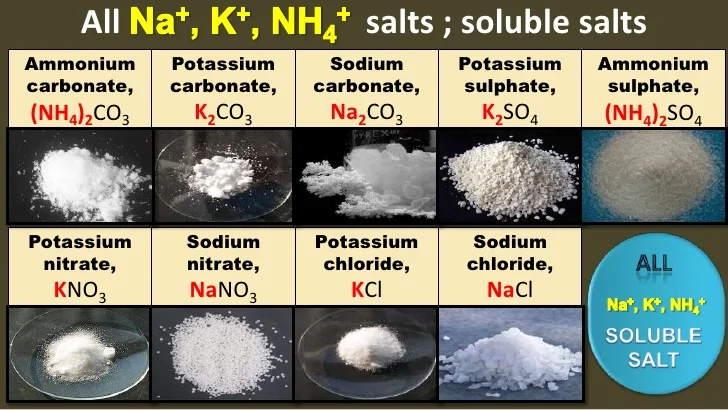 |
| Created by MakeTheBrainHappy |
The Lewis Dot Structure for NH4+ (Ammonium) is shown above. These kinds of structures can also be shown by representing each of the bonds with two dots. Each atom in the bond has a full valence shell, with nitrogen having access to eight electrons and each hydrogen having access to two (
this is why hydrogen only needs two). The covalent bonds between the N and the H are similar to the ones
formed between two Hs because the relatively small difference in electronegativity between carbon and hydrogen. The whole structure
is a cation due to the fact that Nitrogen is missing an electron. Neutral Nitrogen atoms have five valence electrons which are a part of the original structure, while this central atom has four. Therefore it has a +1 charge.
The positively charged cation allows ammonium to act as a weak acid and occasionally revert to its original form (NH3 = Ammonia). NH4+ takes up a tetrahedral shape (as shown above) due to the fact that there are no lone pairs on the central atom. It is an important source of nitrogen for certain types of plant species.
Ammonium is known for forming different kinds of salts which would be classified as ionic compounds. In the image above, there are two salts shown which involve the ammonium ion. These are Ammonium carbonate and Ammonium sulphate.
Sources:
https://pubchem.ncbi.nlm.nih.gov/compound/ammonium#section=Information-Sources



pg ดีที่สุดเกมออนไลน์ PG SLOT สล็อตบนโทรศัพท์เคลื่อนที่ แบบใหม่ตอนนี้ ของโลก สมัครเล่น SLOT วันนี้รับโบนัส แรกเข้า 100% ในทันทีทันใด โบนัส 50% สำหรับสมาชิกใหม่
ReplyDeleteHi, thanks for sharing this
ReplyDeleteI find it fascinating how nitrogen's electron configuration influences its ability to form both covalent bonds with hydrogen and ionic compounds.
ReplyDelete